Does Your Health Insurance Cover Car Accidents?: Image this You’re driving home, singing along to your favorite tunes. Suddenly, CRUNCH! Another car bumps into yours. Your heart races. Are you okay? Your neck feels a little sore. After checking everyone’s safety, a big worry pops into your head: “Does my health insurance cover car accidents?”
It’s a super common question! Car accidents are scary enough without stressing about medical bills. The short answer? Usually, yes… but it’s not always that simple. Think of it like this: Your health insurance is like your go-to friend for doctor visits. But when a car crash happens, there’s often another player involved – your auto insurance. Figuring out who pays first can feel like a puzzle. Don’t worry! This guide will break it down step-by-step, using easy words and real-life examples. Let’s untangle this together!
Car crash injuries? Learn if health insurance covers car accidents & how it works with auto insurance. Simple guide to avoid bill stress! #CarAccidentHelp
Why Figuring This Out Matters (A Lot!)
Getting into a car accident is stressful enough. Worrying about how you’ll pay for the doctor or hospital just adds more anxiety. Knowing how your health insurance fits into the picture before you need it gives you peace of mind. It lets you focus on what’s most important – getting better!
Take my friend Sam. He was in a minor fender-bender last year. He felt okay at first, just a little shaken up. But the next day, his shoulder started hurting badly. He went to his doctor, used his health insurance card like usual, and got treatment. It wasn’t until the bills started arriving that confusion hit. His health insurance paid some, but then letters came asking why his auto insurance wasn’t being billed first. Sam spent weeks making phone calls, feeling totally overwhelmed. If he’d known the basics upfront, it would have saved him so much hassle! Understanding the rules helps you:
- Get Care Faster: Know which insurance to use right away.
- Avoid Surprise Bills: Prevent unexpected charges landing in your mailbox.
- Reduce Stress: Focus on healing, not financial headaches.
Does Your Health Insurance Cover Car Accidents Injuries?
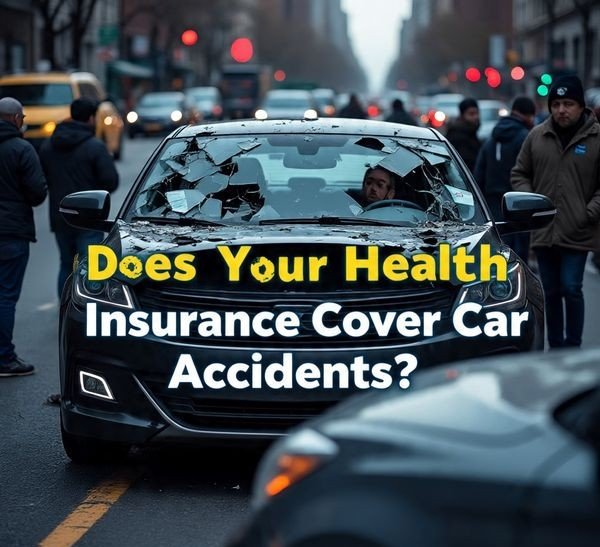
Yes! Does health insurance cover car accident injuries? Generally, yes, your health insurance will cover car accident injuries. Think of it as your safety net. If you get hurt, whether it’s tripping on the sidewalk or being in a car crash, your health plan is designed to help pay for your medical care.
Here’s how it typically works:
- You Get Hurt: In a car accident.
- You Seek Care: Go to the ER, urgent care, or see your doctor.
- You Use Your Health Insurance: Provide your health insurance card at the appointment or hospital, just like you would for any other illness or injury.
- Health Insurance Pays (Partially): Your plan will process the claim based on your benefits (your deductible, copays, coinsurance).
BUT… and this is a big BUT… Your health insurance company knows this injury came from a car accident. They will almost always look to see if there’s another insurance that should pay first. That other insurance is usually auto insurance.
The Main Star: Your Auto Insurance (Especially PIP & MedPay)
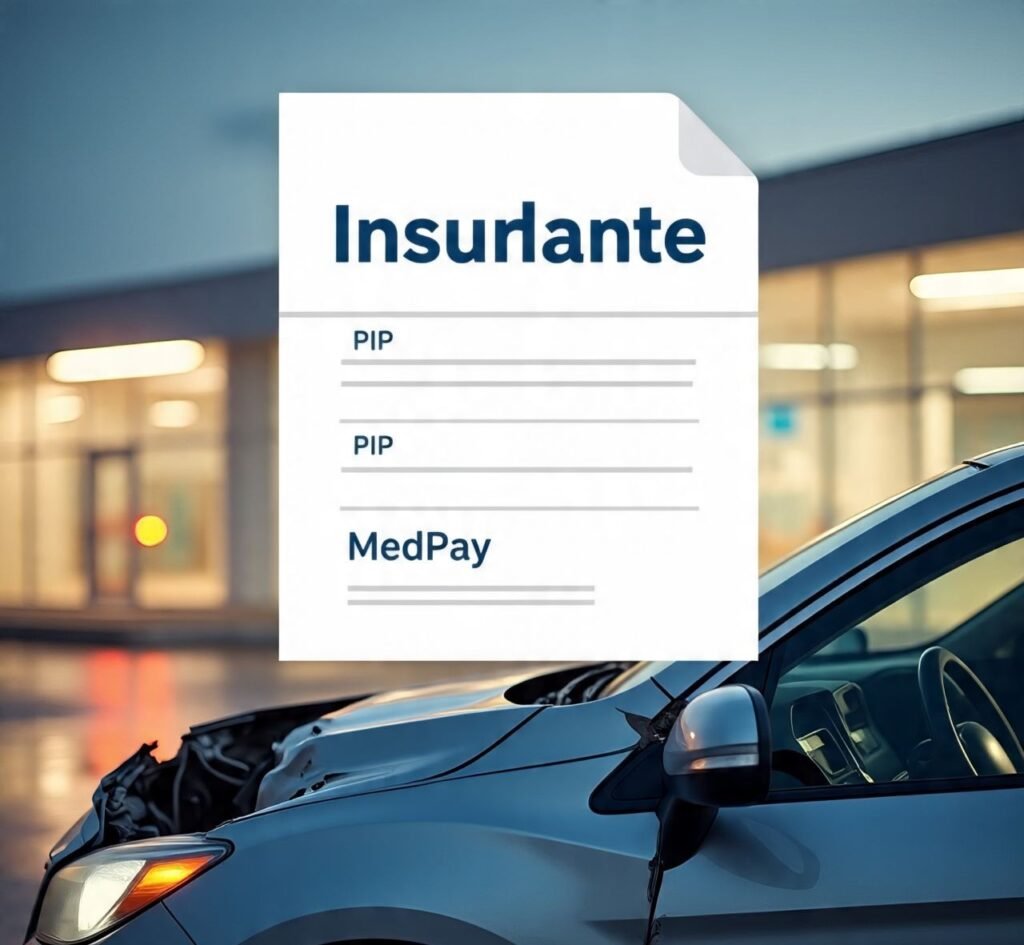
(H2: Auto Insurance Usually Steps Up First)
While your health insurance can cover car accident injuries, auto insurance is often the primary payer for medical bills after a crash. This is especially true in states with specific types of coverage. Here’s the key stuff:
- PIP (Personal Injury Protection): Required in some states (called “no-fault” states), optional in others. PIP pays for your medical bills and sometimes lost wages, no matter who caused the accident. It’s designed to be the first line of payment for injuries. Think of it as your car’s built-in medical coverage.
- Example: Maria lives in Florida (a no-fault state). She gets T-boned at an intersection. Her PIP coverage kicks in immediately to cover her ER visit, X-rays, and follow-up physical therapy, up to her policy limits.
- MedPay (Medical Payments Coverage): Similar to PIP but often with lower limits. Available in most states, even those that aren’t no-fault. MedPay also pays for your medical bills resulting from a car accident, regardless of fault. It’s another “first payer” option.
- Example: Ben lives in California (not a no-fault state). He has optional MedPay on his auto policy. He slips on ice and hits a tree. His MedPay helps cover his ambulance ride and hospital stay before his health insurance is even billed.
Why Auto Insurance Pays First (Often): Auto policies include coverages like PIP and MedPay specifically because car accidents are a common cause of injury. Health insurance is meant to be broader, covering everything from colds to chronic conditions. So, when an injury is clearly car-related, auto insurance is usually expected to handle those medical costs first.
The Coordination Tango: When Both Insurances Get Involved
(H2: How Health & Auto Insurance Work Together)
So, what happens after auto insurance (PIP or MedPay) pays? Does health insurance cover car accident bills that PIP/MedPay doesn’t fully cover? Often, yes! This is called Coordination of Benefits (COB).
Here’s how the dance usually goes:
- Auto Insurance First: Your PIP or MedPay pays for your medical bills up to its limits.
- Health Insurance Second: Once PIP/MedPay is exhausted (used up), your health insurance steps in. It will cover remaining eligible expenses, but you’ll still pay your normal deductibles, copays, and coinsurance.
- Possible Reimbursement: Here’s a twist! Sometimes, if your health insurance pays before your auto insurance does (maybe you didn’t realize PIP applied, or claims were slow), your health insurer might later ask the auto insurer (or even you!) to pay them back. This is called subrogation. It sounds scary, but it’s just the insurers sorting out who should have paid first.
Key Takeaway: Auto insurance (PIP/MedPay) is typically primary for car accident injuries. Your health insurance becomes secondary, covering what the auto insurance doesn’t, after you’ve met your health plan costs.
Who Pays? Fault Makes a Difference
(H2: What If It Wasn’t Your Fault?)
What happens if the other driver slammed into you and it was clearly their fault? This changes the payer lineup!
- Their Liability Coverage: The other driver’s auto liability insurance (specifically their Bodily Injury Liability – BI) is responsible for paying for your injuries and medical bills, up to their policy limits. This is the primary source for your costs.
- Your PIP/MedPay (Maybe): You might still use your own PIP or MedPay first for immediate bills, especially if the claims process with the other driver’s insurance takes time. Your auto insurer would then seek reimbursement from the at-fault driver’s insurer later.
- Your Health Insurance (Gap Filler): If the at-fault driver’s insurance limits are too low to cover all your bills (“underinsured”), your own health insurance might step in to cover the remaining eligible costs after your PIP/MedPay is used. You might also have Underinsured Motorist (UIM) coverage on your own auto policy for this scenario.
Remember: Always report the accident to your auto insurer, even if it wasn’t your fault. They can help guide you through the process.
What Your Health Insurance Definitely Covers (and Might Not)
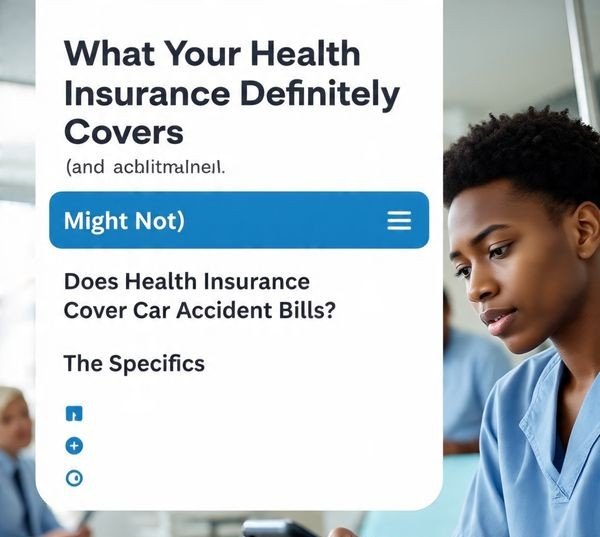
(H2: Does Health Insurance Cover Car Accident Bills? The Specifics)
Assuming your health insurance does end up paying (either as secondary or if no auto coverage applies), it will cover the same types of treatments it normally does for injuries. Think:
- ✅ Emergency Room visits
- ✅ Hospital stays
- ✅ Doctor visits (your PCP, specialists like orthopedists or neurologists)
- ✅ Surgery (if needed)
- ✅ X-rays, MRIs, CT scans
- ✅ Physical therapy
- ✅ Prescription medications
But watch out for potential gaps or rules:
- Out-of-Network Providers: If you see a doctor or go to a hospital not in your health plan’s network, you might pay much more. After an accident, especially at the ER, you might not have a choice. Try to follow up with in-network providers when possible.
- Your Plan’s Costs: You’re still responsible for your deductible, copays, and coinsurance. Even if health insurance pays secondary, you’ll have these out-of-pocket costs.
- Policy Exclusions: Extremely rare, but always check your plan documents. Some very specific, limited types of health plans might have exclusions for certain injuries, but this is highly unusual for standard health insurance covering car accidents.
Steps to Take After an Accident (Protect Yourself!)
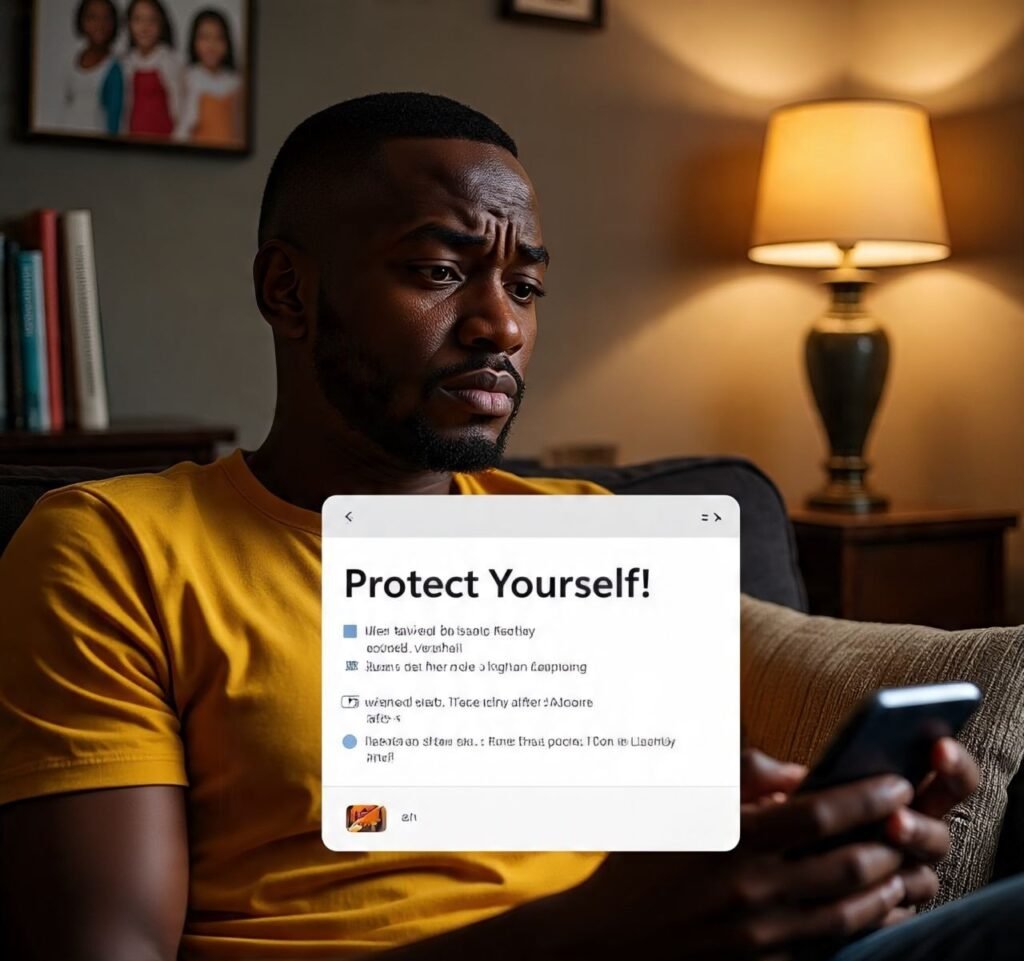
Knowing is half the battle! Here’s what to do if you’re in an accident to make the insurance part smoother:
- Safety First: Check yourself and others. Call 911 if anyone is hurt. Move vehicles if safe.
- Exchange Info: Get the other driver’s name, contact info, license number, license plate, and auto insurance details (company name and policy number).
- File a Police Report: This creates an official record, crucial for insurance claims.
- Seek Medical Attention: Even if you feel “okay,” get checked out. Some injuries (like whiplash) appear later. Tell every doctor and nurse it was a car accident.
- Notify Insurers ASAP:
- Call your auto insurance company to report the accident.
- Inform your health insurance company about the accident and any potential claims.
- Keep Detailed Records:
- All medical bills and receipts.
- Notes from doctor visits.
- Copies of the police report.
- Correspondence with all insurance companies (auto and health).
- Ask Questions: Don’t be shy! Call your insurers and ask:
- “Do I have PIP or MedPay? What are the limits?”
- “How do I file a claim for my medical bills?”
- “Will my health insurance cover costs once auto insurance pays?”
- “Do I need pre-authorization for any treatments?”
Your Car Accident Insurance FAQ
(H2: Quick Answers to Your Burning Questions)
- Q: Does health insurance cover car accidents if I was driving?
- A: Yes, generally. But your auto insurance (like PIP or MedPay) usually pays first for your medical bills. Your health insurance often steps in after auto insurance limits are used up, or if you don’t have those auto coverages. (58 words)
- Q: What if I was a passenger in the accident?
- A: Similar rules apply! You might use the driver’s PIP/MedPay (if their policy covers passengers), your own auto policy’s PIP/MedPay (if you have a car), or the at-fault driver’s liability insurance. Your health insurance can still help cover gaps. (54 words)
- Q: Does health insurance cover car accident injuries if I don’t have auto insurance?
- A: Yes, your health insurance should cover your injuries, just like any other illness or injury. You’ll pay your normal deductibles and copays. However, you might be personally responsible for costs the at-fault driver’s insurance would have covered if they were found liable. (55 words)
- Q: Will my health insurance premiums go up if I use it after a car accident?
- A: Typically, no. Health insurance premiums aren’t usually based on individual claims like auto insurance can be. Using your health insurance for accident injuries shouldn’t directly cause your rates to increase at renewal time. (48 words)
- Q: Should I tell my health insurance about the accident?
- A: Absolutely, yes! Always inform them it was a car accident when getting treatment. This helps them coordinate benefits correctly with auto insurance from the start and avoids billing issues or delays later. They need to know the cause of injury. (50 words)
- Q: What if my car accident medical bills are huge?
- A: Talk to both your auto and health insurers. Understand all coverages (PIP, MedPay, liability, UIM, health plan limits). If bills exceed coverage, hospitals/doctors might offer payment plans. Consider consulting a personal injury attorney, especially if someone else was at fault. (54 words)
Wrapping It Up: Drive Informed, Heal Confidently
Phew! We covered a lot. Remember: Does health insurance cover car accidents? Yes, it can, but it’s rarely the only player. Your auto insurance (especially PIP or MedPay) is usually the first line of defense for your medical bills after a crash. Health insurance often acts as a crucial backup, filling in the gaps after auto coverage is used or if you lack it.
The most important things are to get the care you need and communicate clearly with your insurance companies. Tell every medical provider it was a car accident. Report the accident promptly to your auto insurer. Keep great records!
Car accidents are unexpected and stressful. But understanding how your insurance works shouldn’t add to the panic. Knowing the basics – that your health insurance is there to help, often after auto insurance does its part – gives you one less thing to worry about so you can focus on feeling better.
Your Next Step? Be Proactive!
- Look at your auto policy RIGHT NOW. Do you have PIP or MedPay? What are the limits? (Hint: Check your “Declarations Page”).
- Familiarize yourself with your health insurance plan. Know your deductible and copays.
- Keep this info handy (maybe save this post!) in your glove compartment or phone notes.
Being prepared makes all the difference. Drive safe out there! 👍
Read More: How Much Is an International Health Certificate for Dogs?
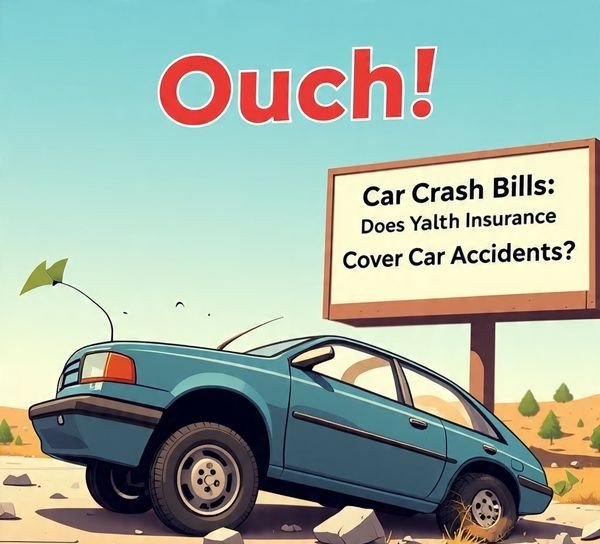
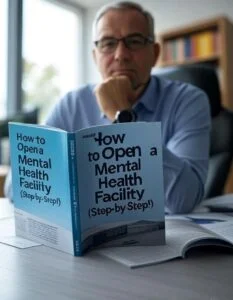



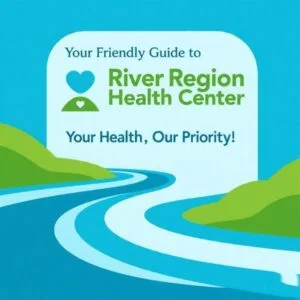





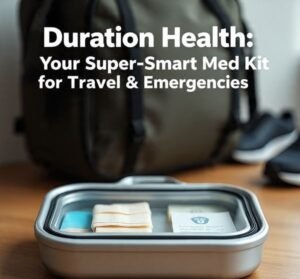

2 thoughts on “Ouch! Car Crash Bills: Does Your Health Insurance Cover Car Accidents?”